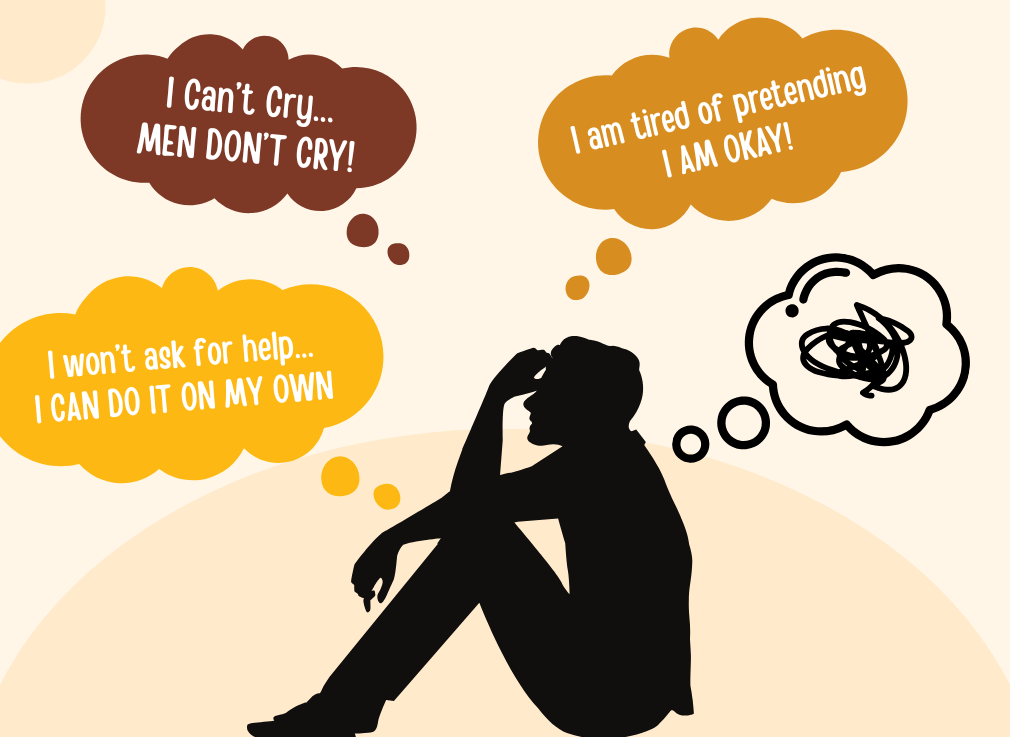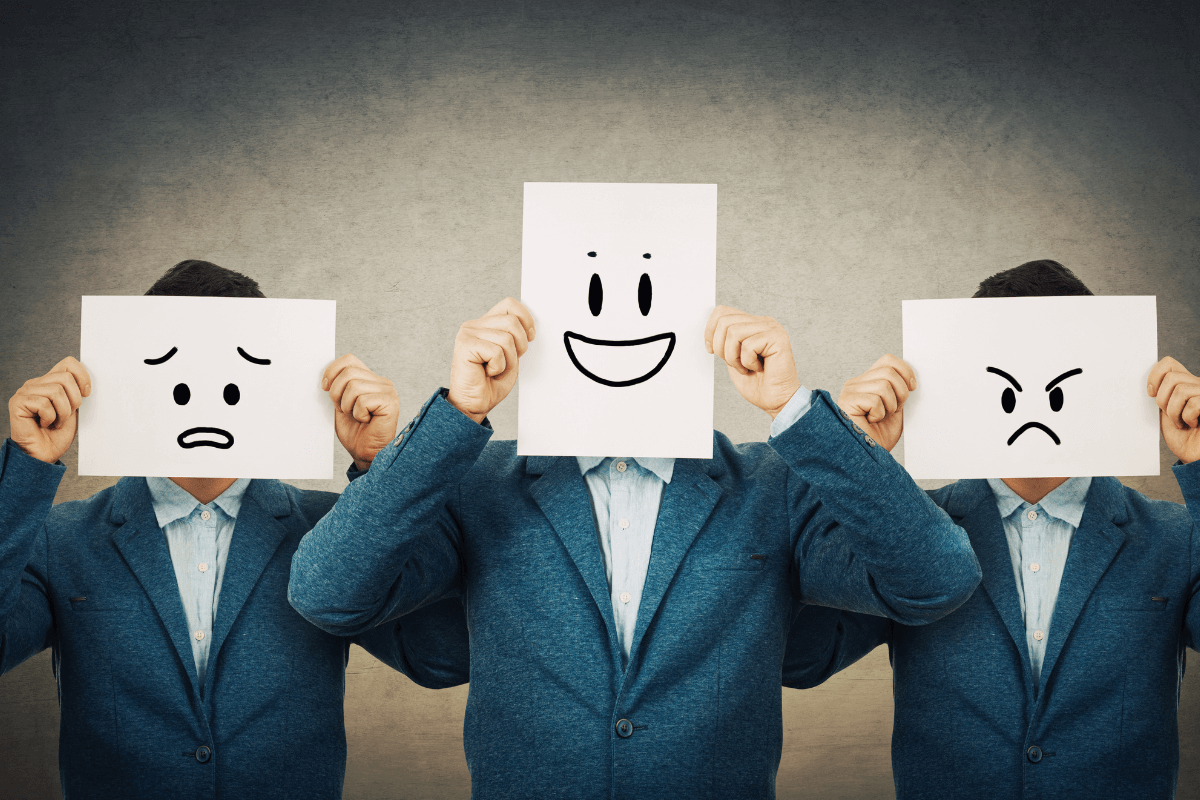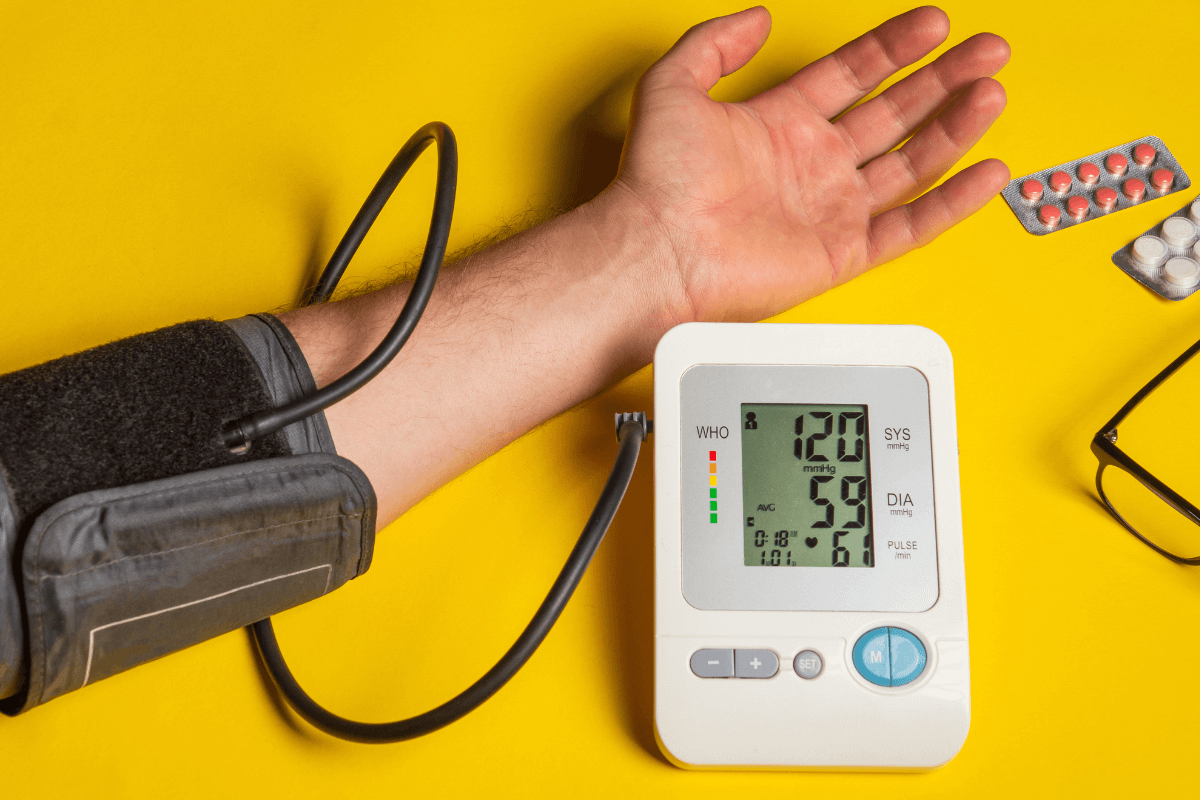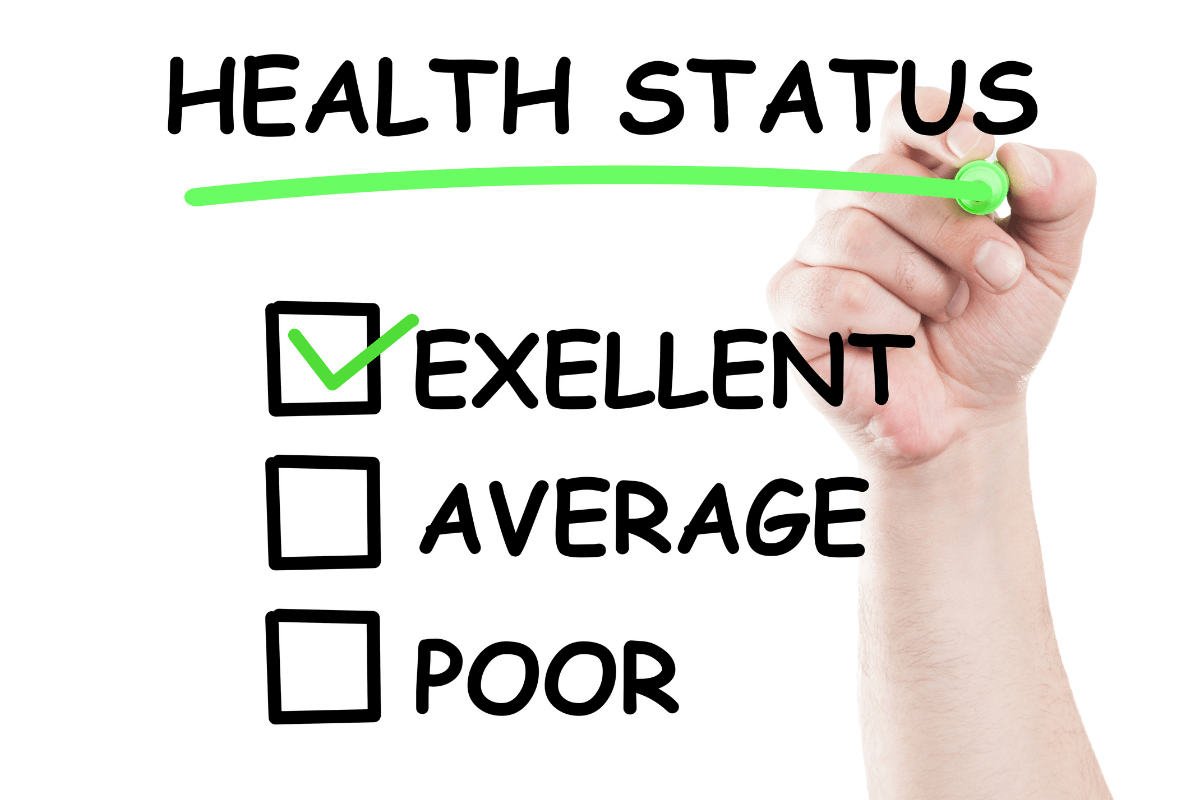

To Every Man Carrying It All, It’s Time to Prioritise Yourself #MensHealthMonth
By: ImpactGuru
Published On: June 25, 2025
“Dear men, it’s okay to feel the strain,
To speak your truth, to show your pain.
Real strength resides in hearts, laid bare,
So pause & check in, ‘cause you too deserve care.”

Source: Canva Pro
We’ve grown up in a world where masculinity is often measured by stoicism, not sensitivity. From the moment a son is born, families celebrate with the belief that “budhaape ka sahara mil gaya” or “a pillar for the future has arrived.”
But beneath this joy lies an unspoken burden for the kid.
Boys are often conditioned and raised with the quiet expectation of becoming providers, protectors, and problem-solvers, without ever being asked how that pressure might weigh on their mental and emotional well-being over time.
“Man up.” “Don’t cry.” “Be tough.”
These aren’t just words; they become walls. Emotions are dismissed as distractions, and vulnerability is mistaken for weakness. For men, tears become taboo, and reaching out for help feels like breaking an unspoken rule.
Today, we at ImpactGuru want to encourage men, in particular, to look beyond societal expectations. We aim to help our readers understand the deep-rooted barriers that have long led many men to suffer in silence.
So, as we celebrate Men’s Health Month this June, let’s begin by asking a crucial question: Why has it always been so hard for them to express what they truly feel?
Understanding the Barriers to Expression
The answer lies in the societal conditioning every man quietly endured while growing up. But the more pressing question is, what has this silence cost them?
Let’s take a closer look at the barriers that have kept so many voices unheard.
1— Unrealistic social expectations
From the moment they can walk, boys are handed a rulebook—unwritten, yet rigid. They’re told that pink isn’t their colour, that dolls are for girls, and that real boys don’t cry, even when they fall and scrape their knees.
These seemingly harmless cues reinforce a dangerous message: that masculinity means emotional restraint. Over time, vulnerability becomes something to hide, not heal. In trying to “be a man,” many grow up suppressing emotions they were never allowed to name.

Source: Canva Pro
2— Fear of judgment
“If I open up, will they think I’m weak?”
This quiet question echoes in the minds of countless men. The fear of being judged, of being seen as fragile, emotional, or less masculine, often outweighs the need for help. Whether it’s a mental health concern or a serious medical issue, many choose silence over perceived shame.
Also read: International Men's Health Week: Focusing on Health Problems in Men
But this silence comes at a heavy price. When vulnerability is met with stigma instead of support, men begin to wear strength as a mask, fighting silent battles behind smiles, showing up for others while quietly falling apart themselves.

Source: Canva Pro
3— Lack of emotional vocabulary
Boys often hear phrases like “don’t be so sensitive” as they grow up. This upbringing can make it difficult for them to articulate their emotions.
As a result, their emotional vocabulary tends to be limited, with anger becoming the default response because it feels safer and more "masculine."
But what about sadness, shame, anxiety, or grief? These emotions frequently go unspoken, buried beneath the surface. Without the ability to express these feelings, boys may grow into men who bottle everything up, leading to an eventual explosion of emotions or internal struggles.
4— Trauma and past experiences
Many men carry silent scars. Traumas tucked deep inside from childhood, failed relationships, personal losses, or constant pressure to perform. But instead of processing the pain, they’re taught to “move on,” “stay strong,” and “not dwell.”
So the hurt remains, unacknowledged and unresolved, showing up in unexpected ways like panic attacks, insomnia, anger outbursts, or unexplained health issues. Without a safe space to unpack it, trauma becomes a lifelong shadow that follows them quietly.
5— Self-reliance
“I’ve got this.” “I don’t want to trouble anyone.” “I won’t ask for help. I can do it on my own”
This mantra is often seen as a strength. But when it becomes a coping mechanism, it isolates men from the very support they need. Asking for help feels like failure, then, and vulnerability is misread as incompetence.
By the time they finally reach out, the weight may already be unbearable- mentally, emotionally, or physically.

Source: Envato
6— Neglecting physical health
‘Chest discomfort brushed off as gas or acidity. Constant fatigue dismissed as just “overwork.” Snoring ignored until it becomes sleep apnea.’ For many men, these physical health issues are overlooked, not due to ignorance, but because they’ve been conditioned to “push through” and “not make a scene out of it.”
Obesity, poor diet, alcohol dependency, and digestive troubles—all these warning signs often go unnoticed or untreated.
Regular checkups? Skipped. Even when the body sends clear signals, the response is often silence, delay, or denial.

Source: Canva Pro
Also read: Male Breast Cancer- Symptoms, Survival Rate, Causes & More
But, it doesn’t have to be this way. With the right support and encouragement, men can take charge of their health, not just for themselves, but also for those who rely on them daily. At ImpactGuru, we have seen how just one brave, unhesitant step toward seeking help can change everything, for the better.
ImpactGuru’s Health Checklist for Every Man
Asking for help isn’t always easy. But at ImpactGuru, we’ve seen something remarkable— men choosing courage over silence. Across countless moments, we have been inspired by the courage of men who act at the first sign of concern. They don’t wait for things to get worse. Whether it’s booking a check-up, starting a fundraiser, or simply opening up about their health, every first step speaks volumes.

Source: Canva Pro
Watch an inspiring story of a father and son who faced such uncertainty with courage here:
Heart Disease and Stroke Survivor Suman Ji, Shares His Journey.
Thus, this Men’s Health Awareness Month, and every day beyond, let this be a reminder for the men you love and for you, too, that your well-being matters. Start with these simple and essential checks—
→ Get 6+ hours of quality sleep. Your body heals when it rests well.
→ Check in emotionally. Take a moment to check in with yourself. Prioritising your mental health can be as simple as a five-minute conversation with a friend.
→ Schedule regular health check-ups, because prevention is protection.
→ Take your supplements. Weekly or daily, vitamin check-ins help prevent hidden deficiencies.
→ Limit alcohol, tobacco, and smoking. Trust us, your future self will thank you for this.
→ Speak up about financial stress. Remember, you’re not alone. Help is always an ask away.
And why do we urge this?
Because, at ImpactGuru, we have experienced moments of profound joy, such as when a family member returns home healed or when a life is saved due to timely assistance. The relief and smiles that come after weeks of worry go beyond mere happiness. We believe that sharing these emotions helps spread positivity. This is why we are committed to ensuring that our readers receive the same level of care and support, not only for their families but also for themselves.

Source: Envato
Hence, let’s make a pact. From today onwards, let’s start having better conversations. Let’s remind the men in our lives, and ourselves, that vulnerability is not weakness. It’s humanity.
This Men’s Health Month, and every month beyond, let’s honour not just the strength men show, but the courage it takes to be seen, heard, and cared for.





 Information
Information Alert
Alert